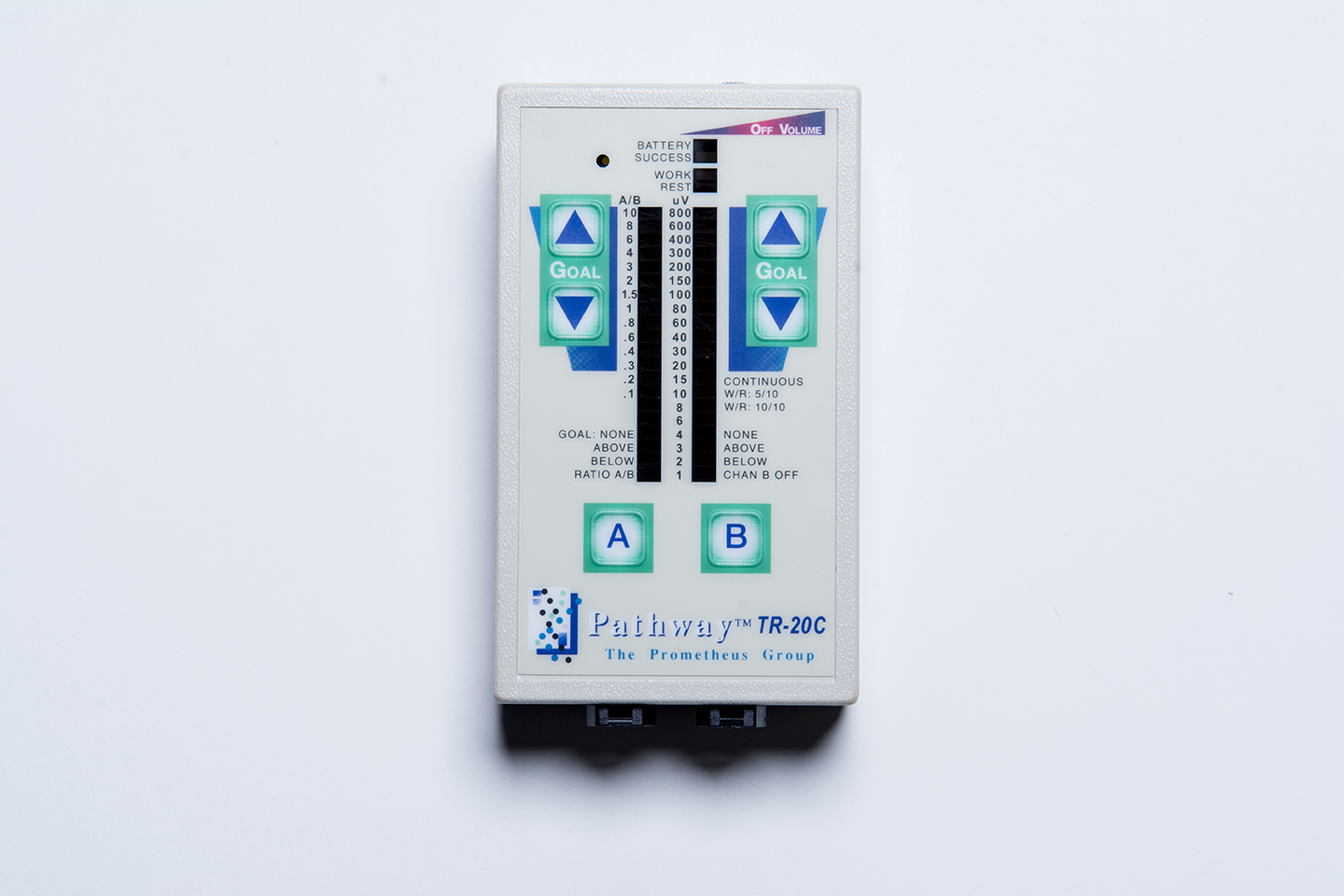Exploring The Way Sleep Disorders Interfere with Brainwave Function as well as Affect Mental Function
Sleep is an essential part of our daily lives, allowing our physical selves and mental faculties to rest and recover. However, many individuals experience from sleep disorders, which can significantly disturb slumber patterns. These disorders can lead to various issues, including alterations in neural wave activity. Brainwaves are electronic signals in the brain that reflect our mental state and function. When slumber is disturbed, the typical patterns of neural waves can be affected, resulting to issues with cognitive function, such as recall, focus, and decision-making.There are several types of slumber disorders, including insomnia, slumber apnea, and restless leg syndrome. Sleeplessness is characterized by trouble going or staying asleep, while slumber apnea involves pauses in breathing during sleep. Unsettled leg syndrome causes uncomfortable feelings in the legs, resulting to an irresistible desire to shift them. Each of these disorders can disrupt the natural sleep cycle, which comprises of different stages, including shallow sleep, deep sleep, and REM (rapid eye movement) sleep. Each stage holds a crucial role in maintaining overall brain health and performance.
When slumber disorders disturb with these stages, neural wave activity can become irregular. For example, during deep sleep, look at this now the brain produces gentle delta waves, which are essential for bodily restoration and memory consolidation. If a individual undergoes frequent awakenings or does not attain deep sleep, the generation of these delta waves is reduced. This can result to challenges in learning new knowledge and retaining memories. Additionally, REM sleep, which is associated with dreaming and emotional processing, is also impacted. Disruptions in REM sleep can result to issues with affective regulation and creativity.
The effect of sleep disorders on cognitive function is significant. Research has demonstrated that people with sleep disorders often face difficulties with attention and focus. This can influence their capability at school or work, making it challenging to finish tasks or participate in discussions. Furthermore, long-term slumber deprivation can lead to emotional changes, heightened stress, and even anxiety or melancholy. These mental and affective challenges can create a cycle, where inadequate sleep results to cognitive difficulties, which in turn can result to more sleep problems.
Addressing sleep disorders is crucial for enhancing brainwave activity and cognitive function. Therapeutic options may encompass lifestyle changes, such as establishing a consistent slumber schedule, creating a comfortable slumber environment, and practicing relaxation techniques. In some cases, medical intervention may be required, such as employing a CPAP machine for sleep apnea or medication for sleeplessness. By prioritizing sleep and seeking appropriate treatment, people can improve their overall cognitive abilities and improve their quality of life. Comprehending the relationship between sleep disorders, brainwave activity, and mental function is an important step toward better health and well-being.
